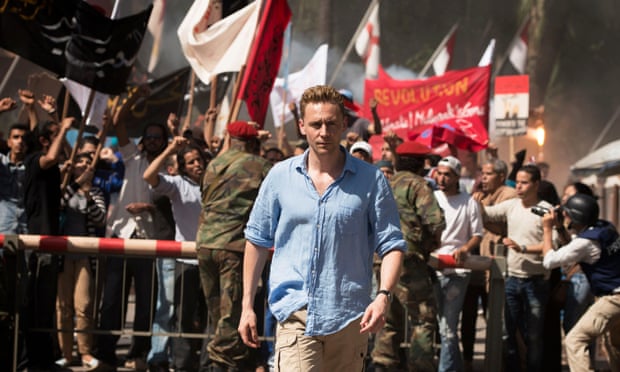Do you remember that Friends episode when the other five find out that Phoebe has never seen the end of tear-jerking films such as Its A Wonderful Life and Old Yeller, never realising that Old Yeller is shot by his owner. Something struck me as odd last night listening to the reaction of the Arsenal v Barcelona Champions League tie where the Spanish holders won 2-0 to be in the driving seat before the second leg in three weeks time at the Camp Nou.
If Arsenal are eliminated it will be the sixth consecutive season they have been eliminated from the first knockout round of Europe's most prestigious competition without troubling their rivals. True, they have been unlucky in drawing the elite clubs. Yet that is always the risk you take in predominantly finishing second in the group stages.
It happened again this season, when Arsenal were on the back foot immediately after losing in Prague and then at home to Olympiakos. Yes, they finished second but the risk of drawing a Barcelona was very real.
What was surprising was the way Wenger are '95%' through today and how frustrated Barcelona would be that they did not firmly put the tie to bed with a more emphatic scoreline. Yet Wenger's honourable reaction to the defeat not making excuses and virtually falling on his sword for his players own failings was eyebrow raising.
Following the desperate performance at home to Hull City in the FA Cup at the weekend, which came less than a week after the euphoric home victory against Leicester City, you do wonder why Wenger struggles to motivate his players and why he fails so often with bad selection policies.
From playing Olivier Giroud as a lone striker when a quicker forward like Walcott or even hard working Danny Welbeck to press high up the field and pester the Barcelona defenders would have played into a gameplan. Instead the Giroud selection smacked of tried and tested, failing to see the necessity to innovate or try and disrupt Barcelona's tempo, too much respect was given to the Catalans.
Wenger strikes me as a manager on his last legs, one who is living off of past glories and bereft of inspiration in terms of formulating a plan, a manager too loyal to players who do not warrant it and a man who looks like he is running out of time.
The past two years of FA Cup victories have given him a stay of execution. The golden chalice is the Premier League title, something that has not been in his hands for 11 seasons. And now he stands on the brink of losing that to not only a competitor but his club's fiercest rivals, Tottenham Hotspur. A team led by a vibrant young manager full of tactics and an insatiable hunger to succeed.
Arsene Wenger seems to think he has a divine right to the title and to challenge for it, and yet with the failings of Chelsea, Manchester United and Liverpool as challengers the title was there for the taking for Arsenal, and yet he slipped on his lines and failed to get the purchases in either transfer window to support his injury prone squad.
Should he lose the title to Tottenham, there will be a huge sense of embarrassment and bemusement at the Emirates. He might well retire or be put out of his misery; and just like Old Yeller, Arsenal and Arsene never saw it coming.


